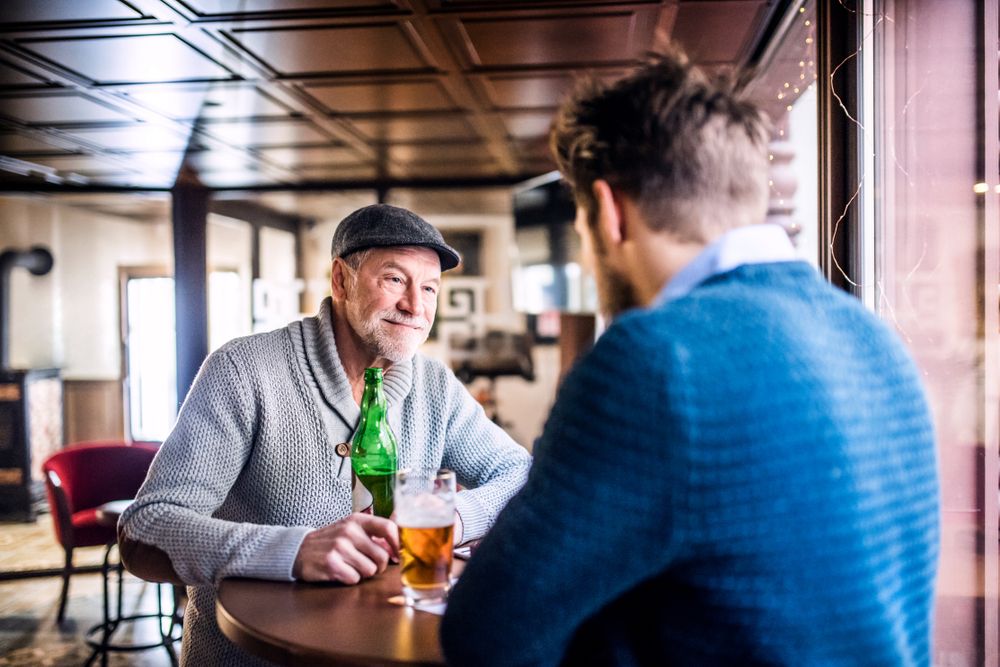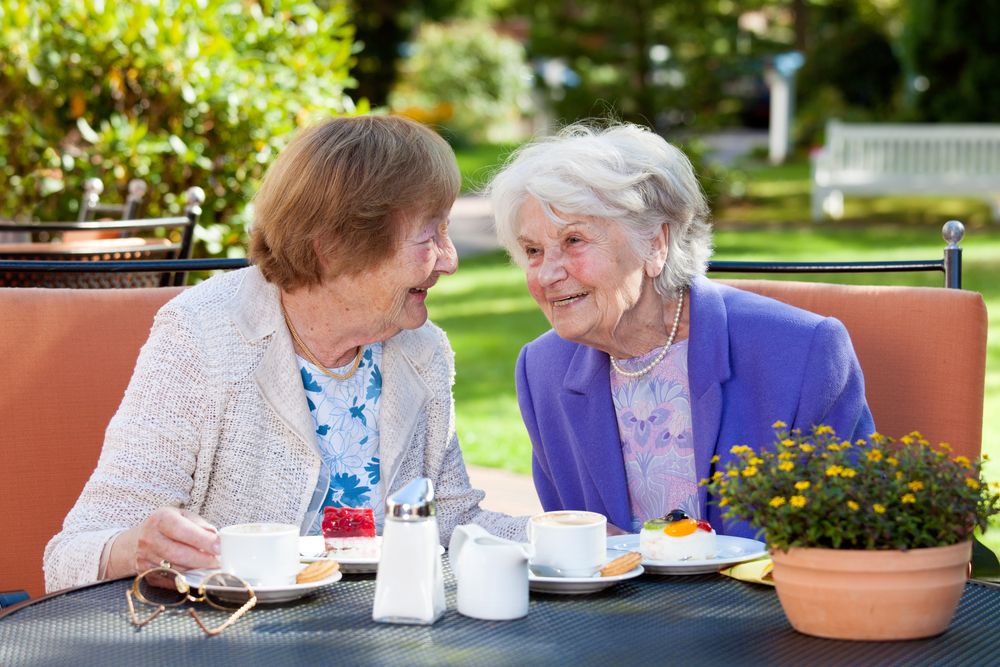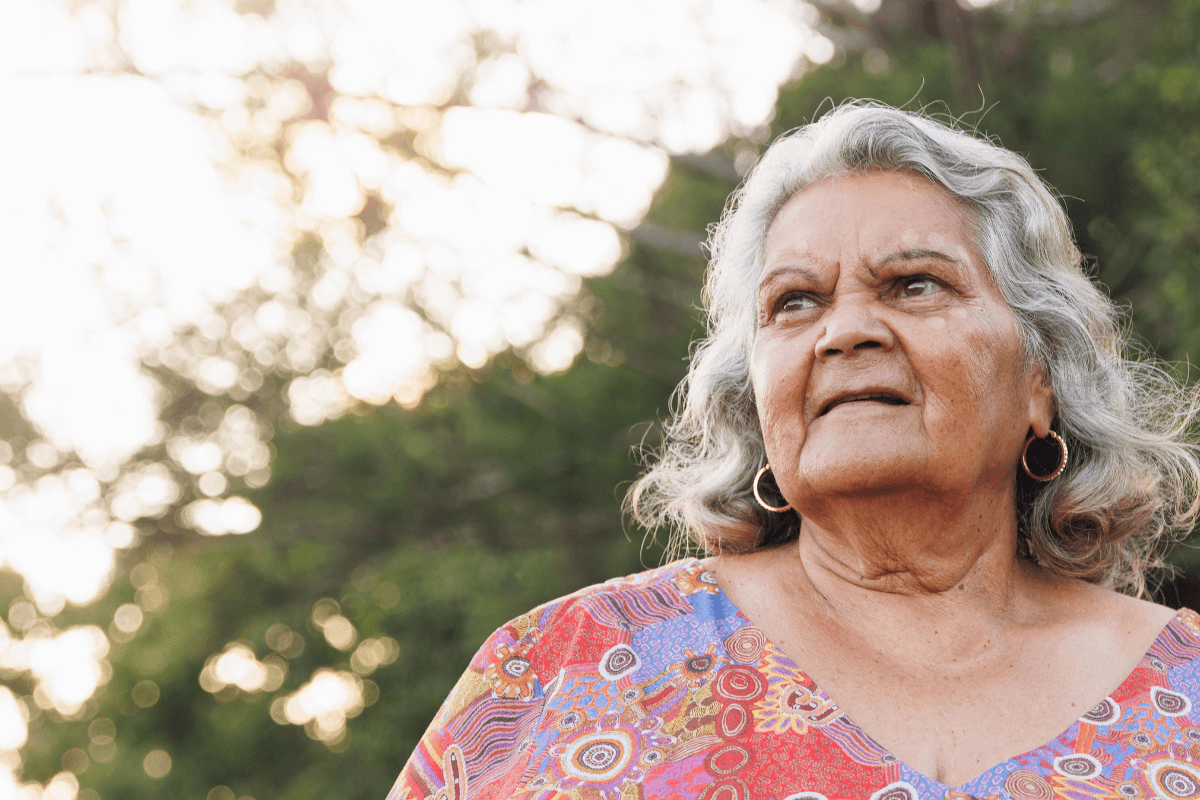There are endless approaches – and opinions – when it comes to parenting.
‘Gentle parenting’ has become a popular topic online in recent years, and we’re still learning more about this parenting style.
This method is built on the foundation of four elements:
- Empathy – Empathising with your child
- Respect – Showing respect to your child
- Boundaries – Enforcing consistent boundaries
- Understanding – Understanding your child and their needs.
British childcare expert Sarah Ockwell-Smith coined the name of this parenting style in 2016 with her book “The Gentle Parenting Book”.
Despite the name gentle parenting, this approach is not as relaxed or lenient as some people may think. It involves boundaries and discipline, but in a way that focuses on teaching, not punishing.
It requires parents to respect their child’s feelings and developmental stage, establish expectations that are age-appropriate, and model the kind of behaviours they want to see.
We explore some of the benefits and examples of gentle parenting here.
Benefits of Gentle Parenting
Gentle parenting requires a lot of patience and self-discipline. You may feel like you’re parenting yourself at times! But this effort is an investment that will pay dividends for your child now and into adulthood.
Some of the benefits of gentle parenting include:
Healthy Parent-Child Bond
Gentle parenting fosters a healthy and positive relationship between parent and child. Research shows positive bonding between a child and their primary caregiver/s leads to children who can become happy, independent, and resilient adults.
This bond is also a great way to model what healthy and respectful relationships look like, allowing your child to develop and identify healthy relationships with others as they grow up.
Reduced Childhood Anxiety
Inconsistency and unpredictability can cause a great deal of stress in children, and it can even lead to anxious attachment styles and mental health issues like anxiety.
Enforcing consistent boundaries is one of the four key principles of gentle parenting. Clear and consistent expectations can help reduce the risk of childhood anxiety and attachment issues that can last a lifetime.
Positive Social Skills
Gentle parenting involves modelling the kind of behaviours you’d like your child to develop, including empathy, understanding, and respect.
Research shows imitation is an effective learning tool for children – especially babies and toddlers. Gentle parenting encourages us to teach our kids positive social skills by modelling them ourselves.
Ability to Name and Regulate Emotions
Children learn basic emotions from a young age, such as happiness, sadness, and anger. Gentle parenting creates a safe space for children to explore and communicate their feelings, increasing their emotional intelligence and vocabulary.
Some children grow up with parents who invalidate their feelings – for example, telling their child to stop crying or there will be consequences. This can create shame around emotions and cause the child to feel unsafe expressing themselves even in adulthood.
Gentle parenting promotes communication around emotions, helping children name their feelings. It also encourages parents to model healthy ways to regulate negative emotions.
Examples of Gentle Parenting
So, what does gentle parenting actually look like, and how can you adopt this style and its ideologies?
Here are a few examples of gentle parenting in action.
Comment on the behaviour, not the child
Separate your child from the unwanted action. For example, if your child is hitting the dog or pulling its tail, instead of saying “You’re being mean” try “The dog doesn’t like it when you do that. It hurts him. Let’s use gentle hands instead.”
Encourage the positive action
Instead of focusing on the behaviour you don’t want, focus on the behaviour you do want. For example, instead of “Don’t draw on the table” try “Crayons go on the paper. Can you show me how you can draw on the paper?”
Remember to praise the positive action. For example: “I knew you could draw on the paper! You’re doing a great job.”
If your child doesn’t listen (assuming they’re developmentally able to) the consequence might be to say “It looks like we’re having a tough time staying on the paper today. Let’s try again tomorrow” and redirect to a different activity.
Set clear expectations ahead of time
Imagine you’re having a great time at a party and your friend suddenly tells you it’s time to go without any warning. You’d be pretty disappointed, right? The same goes with kids.
Discuss expectations ahead of time so your child can prepare themselves.
For example, before you go to the park, talk about what kinds of things they might do there, and explain that when you say it’s time to go, they’ll have to stop playing and get ready to leave.
When you’re at the park, give them a reminder or 5-minute warning before it’s time to go so they’re not caught by surprise. You might even like to set a timer for when it’s time to go.
Acknowledge their feelings
It’s normal for toddlers to have tantrums, and children (and teenagers) to have big feelings. It’s also normal for them to express their feelings in ways that can be challenging for parents and caretakers.
Acknowledging your child’s feelings can be a big step to helping them navigate these negative emotions and teaching them empathy from a young age.
For example, if your child cries because they’ve reached their screentime, you might say “I know you’re upset. You wanted to watch more Bluey. That can make you feel sad. But it’s time to turn off the TV, and you can watch more Bluey tomorrow.”
If your teenager is angry because they’re not allowed to go to a party, you might say “I understand you’re disappointed. You really want to go to this party, and you feel like you’re missing out. But I’ve explained why it’s not appropriate this time, and you will be able to have fun with your friends another time.”
Stay calm
No parent gets it right 100% of the time. You’re going to have moments where you lose your patience and raise your voice. You’re only human. But gentle parenting encourages us to stay calm and compassionate whenever we can.
It can help to remind yourself that your child isn’t trying to give you a hard time – they’re having a hard time. After all, if we as adults find it challenging to control our negative emotions at times, how can we expect children to?
If you find yourself struggling to stay calm, you might use this as an opportunity to model some regulation techniques. For example, you might say “I’m feeling a bit stressed out. I’m going to take some big, slow breaths. Would you like to take some breaths with me?”
Gentle parenting may not be the right style for everyone, but parents can incorporate its techniques into their approach as they discover what works for their family.
Therapy can be helpful when discovering parenting styles that align with your values and needs.
Our counsellors can help you explore your options and support you through the challenges throughout your parenting journey. Call 1300 364 277 to make an appointment or to learn more about our counselling services and parenting courses.
We offer tips for parenting teens in this blog post.









